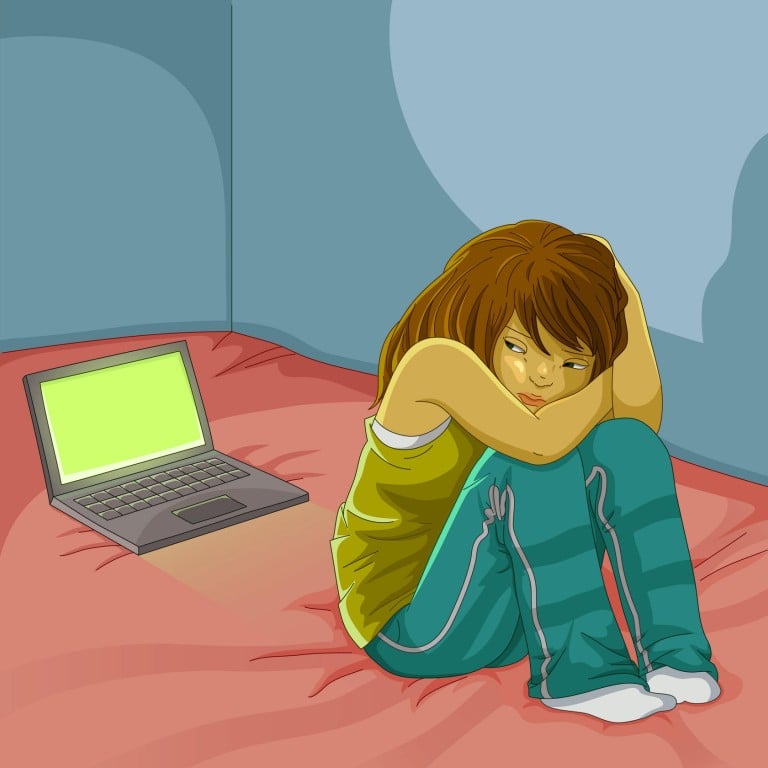
Why cyberbullying is so hard on teenagers, and what Hong Kong parents can do
Keeping online bullies at bay
According to EU Kids Online, a poll conducted in 2013 in Britain, 5.43 million teenagers have experienced cyberbullying on social networks such as Facebook, Ask.fm and Twitter. What can we learn from the stories of cyberbullying at Ask.fm that led to seven suicides since the website launched in 2010? How can we protect our teenagers from falling victim or becoming the bully now we know males and females are equally likely to be attacked online by close friends as well as strangers?
Research in Britain has shown that seven out of 10 young people reported cyberbullying and 20 per cent of them are experiencing it in extreme form daily.
The latest research tells us that bullies choose to bully not necessarily out of insecurity or self-loathing as previously believed but because they think they can get away with it and to elevate their social status. Research also has shown that most teenage bullies are mirroring what they observe in their immediate environments.
If mirroring and the thirst for power are the main causes of cyberbullying, could it be intensified by the media? As Dr Cheryl Dellasega and Dr Charisse Nixon suggest in their book , "Role models for today's teens are not powerful women who have succeeded because of their persistence and kindness to others, but rather superstar singers acting like sexy schoolgirls and movie stars firing machine guns or using martial arts on opponents while wearing skintight jumpsuits."
From my clinical experience working with teenagers going through parents' divorce or bereavement, it might appear they are angry and passing the buck to a targeted victim, but when I dig deeper, often the bullying behaviour is to cover up hurt and fear. To keep vulnerable feelings at bay, they pick on those they are jealous of.
It is known that females are more likely to engage in emotional bullying, and the instantaneous and spontaneous nature of social media provides the best platform for spreading hurtful comments, exclusion, terrorising, forming cliques, name calling and ridiculing. When confronted, bullies often discredit the emotions of the victims, labelling them as weak or oversensitive.
Recently, I have been getting more distress calls related to Facebook bullying. Researcher Nicki Crick coined the term "relational aggression" to describe the dynamic of how a bully uses relationships to harm a targeted victim systematically and subtly over a period of time.
What makes cyberbullying harder on teenagers is that they can no longer find solace at home. Their sense of self can be erased by the vicious rumours, cruel words and social exclusion blinking on their device.
There is no one magic way to deal with cyberbullying, but prevention and education are always best. Parents can build a child's social and emotional resilience at home, explain what constitutes cyberbullying and recognise from a young age the difference between bullying and tattling on someone. If you suspect that your child/teen might be the bully, talk to a professional or the school.
When it comes to coping with bullying, a prescriptive approach is best, as different situations will call for a different course of action. It is best to equip them with options so they can handle not only bullying but life's challenges and hardships.
It is important to remind our children that if they become victims, they are not alone.
We also need to let our teenagers know when to get help from trusted adults or turn to authorities when cyberbullying becomes serious and progresses to harassment or suggestions of physical aggression. Educate your children on how to report bullying to the website where it took place and school administrators.
Lora Lee is a registered psychologist and parenting counsellor working in private practice as an adjunct to her work at St John's Counselling
